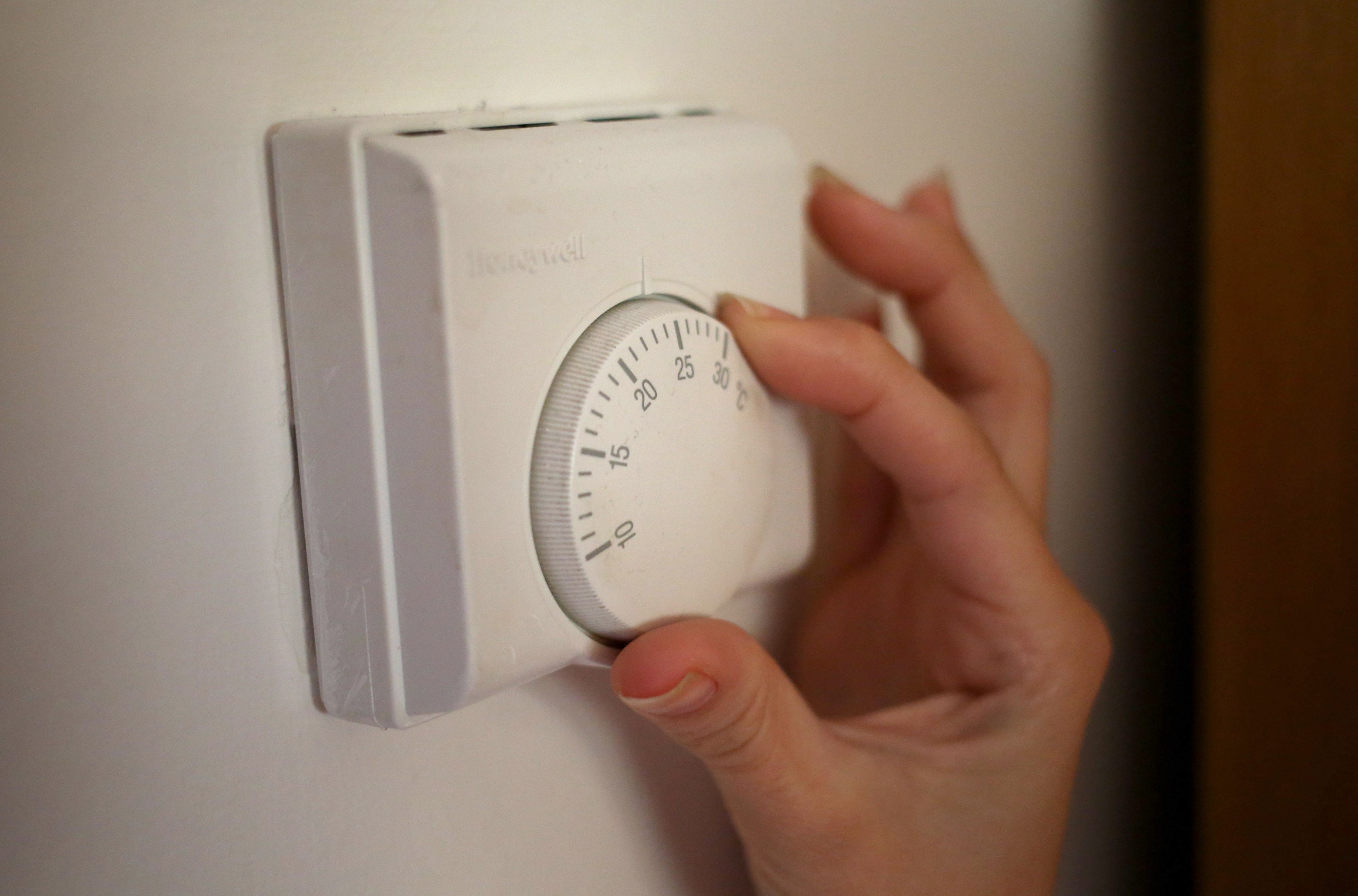My energy firm has gone bust. What happens now?
Colorado Energy and Pure Planet are the latest energy firms to fold since the start of September.

Your support helps us to tell the story
From reproductive rights to climate change to Big Tech, The Independent is on the ground when the story is developing. Whether it's investigating the financials of Elon Musk's pro-Trump PAC or producing our latest documentary, 'The A Word', which shines a light on the American women fighting for reproductive rights, we know how important it is to parse out the facts from the messaging.
At such a critical moment in US history, we need reporters on the ground. Your donation allows us to keep sending journalists to speak to both sides of the story.
The Independent is trusted by Americans across the entire political spectrum. And unlike many other quality news outlets, we choose not to lock Americans out of our reporting and analysis with paywalls. We believe quality journalism should be available to everyone, paid for by those who can afford it.
Your support makes all the difference.Millions of customers of failed energy firms are being automatically switched to a new supplier, and are waiting anxiously to see how their bills will be affected.
– What happens when my energy supplier goes bust?
When an energy firm goes under, it is up to regulator Ofgem to choose a new company to take on its customers. The process is known as appointing a “supplier of last resort” (SoLR).
Customers are not able to choose their new supplier, with Ofgem picking a company it deems capable of supplying additional customers “as soon as possible”.
The watchdog’s safety net ensures customers’ energy supplies will not be disrupted and any credit balances will be protected.
– Do I need to do anything?
No. The best advice is to sit tight and wait for your new supplier to contact you to avoid problems with the switch and protect any credit balance you’ve accumulated.
You should, however, take a meter reading as it will be useful – but not essential – for when your new supplier contacts you.
It is also wise to download or screenshot latest energy bills, current direct debit and credit amounts, and yearly usage. A failed firm’s website can go offline, so it is sensible to gather this information as quickly as possible.
Those who already have a switch to a new firm in process will continue to be moved over.
– Should I cancel my direct debit?
Ofgem advises that customers can cancel their direct debit if they want to. You will be able to set up a new direct debit with your new supplier.
– Will I be on a different contract with my new supplier?
Yes. Your contract with your old firm will end and your new supplier will put you on a special “deemed” contract – one you have not chosen. This contract will last for as long as you want it to.
– Will my bills go up?
Ofgem says it will “try to get the best possible deal for you if you’re in this situation” but warns that deemed contracts can cost more because the supplier takes on more risk. For example, they might have to buy extra wholesale energy at short notice for new customers, so they charge more to make up for it.
However, deemed contracts tend to be at the price cap, and the current spike in wholesale prices means firms are not currently offering any deals that are cheaper than this for new customers, so you are unlikely to save by switching.
– When can I switch to another company or deal of my choice?
After the new supplier has taken over, customers are free to shop around, and are able to move elsewhere – or be switched to a cheaper tariff with the same supplier – without being charged exit fees.
– Do companies want all these new customers?
Taking on new customers can be very expensive. Not only does the new supplier have to pay staff to manage the process, it also has to buy the energy that the new customers are expected to use in advance – up to a year ahead.
According to some calculations it costs around £1,000 for every new household they take on.
It also presents an administrative headache. A lot of the time the failed supplier’s computer system is not compatible with that of the new supplier, meaning details for thousands of customers may have to be entered manually.
– What if all suppliers refuse to take on new customers?
Ofgem tries to find a volunteer supplier to take on the failed company’s customers. But technically it could force any supplier on the market to take them on.
The regulator will avoid this as much as it can, because, in the worst case, the shock of extra costs could put the new supplier out of business, or make it harder for it to keep serving its existing customers.
If no supplier of last resort can be found, Ofgem can turn to the Special Administration Regime.
Although never used before, it lets Ofgem or the Business Secretary appoint an administrator to run the failed business until it can be sold, rescued, or its customers transferred elsewhere.
That company can be given government grants or loans to allow it to keep the lights on for its customers.